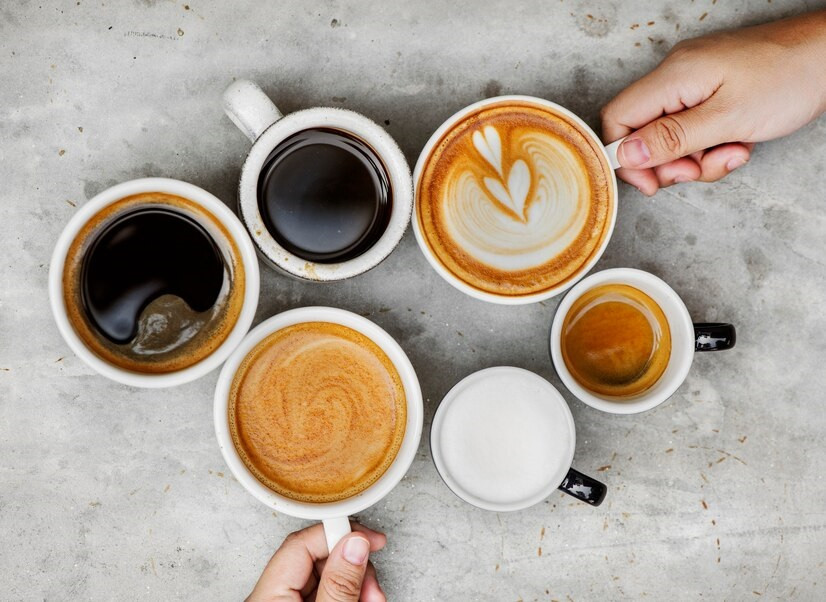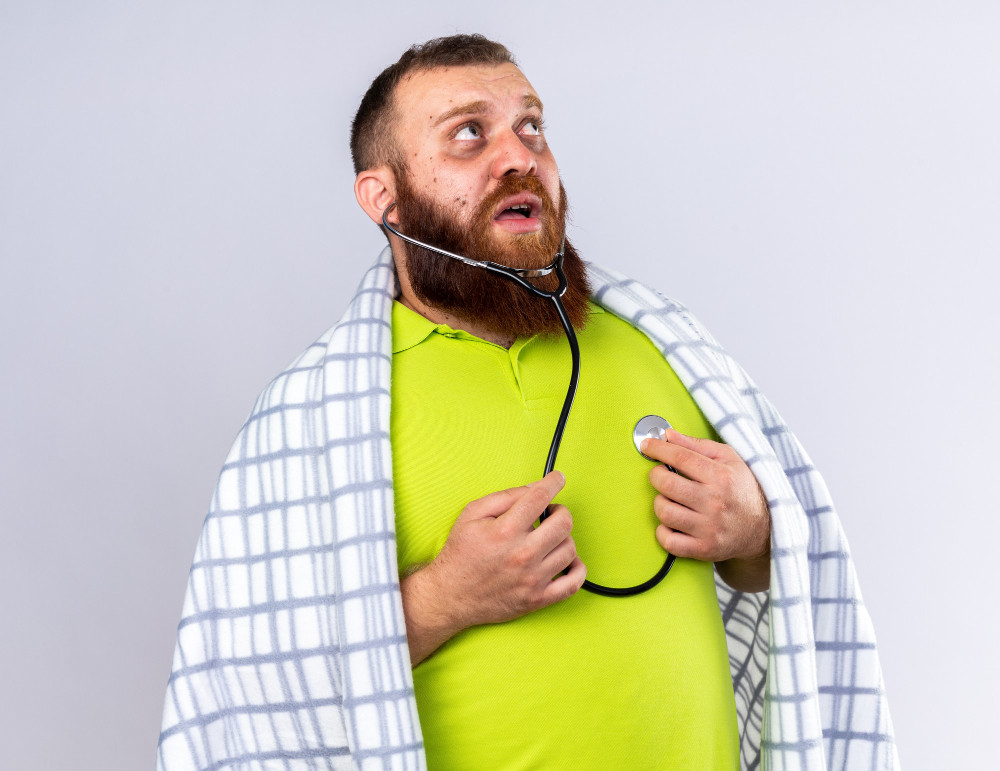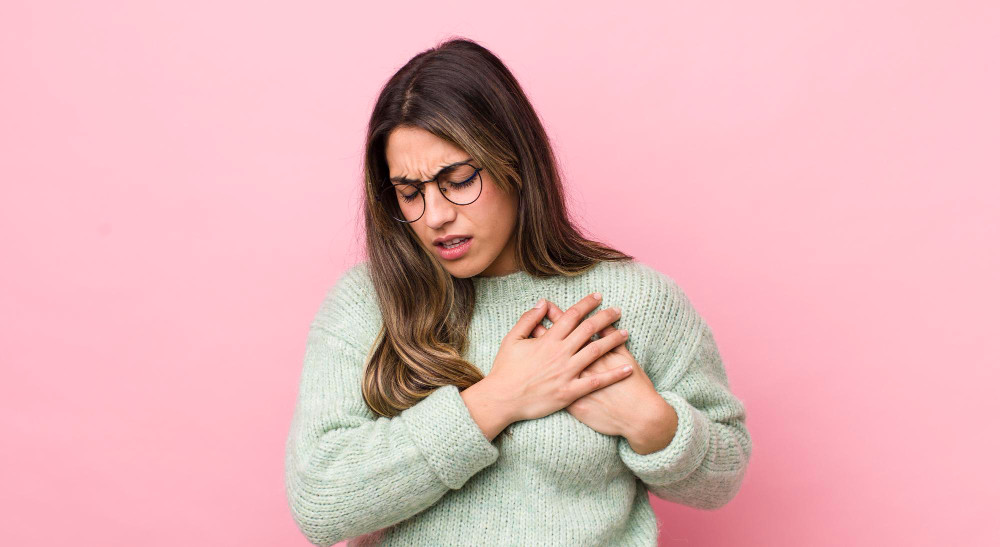Coffee and tea are widely consumed worldwide, with many individuals opting for these beverages daily. Both contain caffeine, a substance that enhances mood and increases alertness. Caffeine acts on the central nervous system, heart, and muscles.
The Negative Impact of Consuming Too Much Caffeine
While caffeine is safe for consumption, excessive amounts of caffeine can have an unpleasant and harmful impact on health, including:
Anxiety
Caffeine works by blocking the brain's adenosine receptors, which slow down nerve cell activity. Caffeine also triggers the release of adrenaline, which is associated with increased energy and alertness. Taking caffeine in high doses can have effects such as nervousness and anxiety.
Insomnia
Caffeine is a stimulant that can affect the central nervous system and keep you awake. However, consuming too much caffeine can reduce sleep time and cause insomnia, particularly if consumed in the afternoon or evening.
Caffeine stays in the body for different periods for different people, ranging from 1.5 hours to 9 hours. Therefore, it's important to be mindful of the time when consuming caffeine to avoid negatively impacting your sleep quality.
Indigestion
It is important to note that caffeine can stimulate gastric acid production. This can be a significant concern for individuals with digestive disorders, as it can lead to an increase in acid production and subsequent discomfort in the stomach, nausea, bloating, and swelling immediately after consuming coffee. Therefore, it is recommended that those with digestive disorders limit or avoid the consumption of coffee.
Also read: 4 Home Medicines When GERD Attacked
Triggering an increase in blood pressure
Caffeine consumption may not increase the risk of heart disease or stroke. However, some studies have shown that caffeine consumption can increase blood pressure due to its stimulating effect on the nervous system. This effect is temporary, but you should still be careful not to consume excessive caffeine.
Rapid breathing and heartbeat
The stimulating effect of caffeine can cause rapid breathing and an increased heart rate. Some people may feel their hearts are slightly palpitated after consuming caffeine, especially in high doses.
Also read: Besides Coffee, These Drinks Are High In Caffeine Content
Frequent urination
Caffeine has a stimulating effect on the bladder that can increase urine production and cause the need to urinate. For some people, this effect may be only temporary, but for people with an overactive bladder, increased urination can interfere with daily activities.
Daily Caffeine Intake Limit
The FDA states that the daily caffeine consumption limit is up to 400 mg per day, or about four cups of coffee. This recommendation may differ if you have a greater sensitivity to caffeine.
Suppose you have a particular health condition and are taking certain medications. In that case, you should consult your doctor about the safety of caffeine in your body. You can access health consultation services by downloading the Ai Care app through the App Store or Play Store.
Want to know more information about nutrition, food, and other diet tips? Click here!
- dr Hanifa Rahma
Mayo Clinic (2022). Caffeine: How much is too much?. Available from: https://www.mayoclinic.org/healthy-lifestyle/nutrition-and-healthy-eating/in-depth/caffeine/art-20045678
Franziska Spritzler (2023). 9 Side Effects of Too Much Caffeine. Available from: https://www.healthline.com/nutrition/caffeine-side-effects
WebMD (2018). Caffeine: Uses, Side Effects, and More. Available from: https://www.webmd.com/vitamins/ai/ingredientmono-979/caffeine
Astrid Nehlig (2022). Effects of Coffee on the Gastro-Intestinal Tract: A Narrative Review and Literature Update. Available from: https://www.ncbi.nlm.nih.gov/pmc/articles/PMC8778943
Timothy Huzar (2023). Should people with GERD avoid caffeine?. Available from: https://www.medicalnewstoday.com/articles/323333
US FDA (2023). Spilling the Beans: How Much Caffeine Is Too Much?. Available from: https://www.fda.gov/consumers/consumer-updates/spilling-beans-how-much-caffeine-too-much











